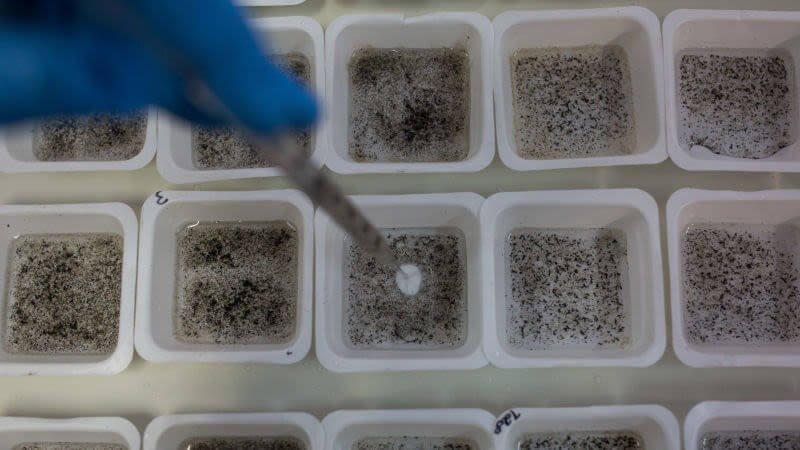For some, a new cutting-edge technology called gene drive is the silver bullet able to wipe out invasive species decimating island wildlife, and eradicate the malaria-bearing mosquitoes that killed nearly half a million people last year, mostly in Africa.
Others fear that the genetic engineering process is a one-way ticket to ecological mayhem, or suspect health and conservation aims are masking industrial and military objectives.
Advocates and critics [are facing off] in an obscure working group under the Convention on Biological Diversity, a 1992 UN treaty forged as a bulkhead against the gathering pace of extinction on our planet.
…
That both sides of the gene drive debate may have valid arguments shows just how little is still known about this technology, or what might happen if it is ever released into the natural world.
One side, however, clearly has more resources.
A handful of backers — including the US military’s Defense Advanced Research Projects Agency (DARPA) and the Bill and Melinda Gates Foundation — have poured several hundred million dollars into gene drive research in the past two years.
…
Today, [gene drive creator Kevin] Esvelt says he was mistaken to raise the hopes of conservationists, and that unbridled gene drive is too dangerous to be used for that purpose. “You should never build and release a self-propagating drive system — or really any kind of system — that is capable of definitely spreading beyond the target population,” he said.
Read full, original post: Genetic tool that can doom a species under UN review































